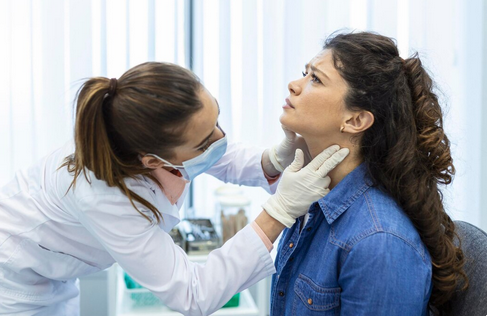How to Know If You’re a Good Candidate for Hormone Replacement Therapy
Hormone replacement therapy (HRT) has become a hot topic for people struggling with fatigue, mood swings, or body changes that don’t seem to make sense. Clinics are making it easier to access care. Elite HRT, for example, even advertises that they offer telemedicine. This means you can begin the process without leaving your couch. Still, before jumping in, it’s worth asking: who actually makes a good candidate? The answer depends on your body, your lifestyle, and your health history.
Recognizing the Red Flags in Your Daily Life
If you’re dragging through the day despite sleeping enough, hormones may be at play. Low energy that lingers beyond the occasional bad night can signal dips in testosterone, estrogen, or thyroid hormones. Other clues include unexplainable weight gain, fuzzy thinking, and emotional swings that feel way out of character. Your body isn’t just being “lazy”—it could be signaling a deeper imbalance. Pay attention to changes that creep in slowly, too. Some people notice they can’t build muscle as easily, while others feel their patience vanishes over minor frustrations. It’s easy to chalk these up to stress or aging, but the timing often aligns with hormonal shifts.
Age and Hormone Fluctuations Go Hand in Hand
Your 30s and 40s bring more than just career chaos and school runs. For many, this is when hormones start to shift, even if symptoms are subtle at first. Women often deal with perimenopause, which can cause irregular cycles, night sweats, and mood changes. Men might notice dips in testosterone leading to sluggish workouts and lower drive. That doesn’t mean HRT is only for middle-aged people. Stress, certain medications, and chronic illness can trigger hormonal imbalances earlier. Younger adults who feel constant fatigue or see drastic body changes might also benefit from testing. The age factor is important, but it isn’t the sole criterion.
Medical Conditions That May Influence the Decision

Some health conditions can make HRT more relevant. Thyroid disorders, for example, throw energy levels out of sync and sometimes overlap with sex hormone imbalances. Early menopause, which can happen before 40, is another scenario where treatment may help restore stability. People recovering from long-term stress or illness may also notice symptoms that point to low hormone function. On the flip side, certain medical histories require caution. For example, individuals with specific cancers or blood clot risks often need a different path. That’s why testing and doctor supervision matter so much.
Why Professional Guidance Is Essential
Self-diagnosing hormone problems can feel tempting, especially when online quizzes promise instant clarity. But hormones don’t work in isolation—they interact like a web. That’s why a thorough lab evaluation is necessary. Without it, you’re just guessing, and guesses rarely end well when health is on the line. Doctors can customize treatment and monitor progress to avoid side effects. Regular check-ins make sure the dosage stays safe and effective over time. Clinics offering ongoing support provide reassurance that changes in your body won’t be ignored. Working with professionals is less about hype and more about making steady, informed progress.
Energy crashes, mood swings, and body changes don’t have to be brushed off as “just aging.” With professional evaluation, treatment can be safe and genuinely life-improving. If your body keeps dropping hints that something’s off, it may be time to consider whether hormone therapy fits into your wellness journey.…

